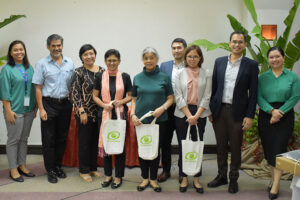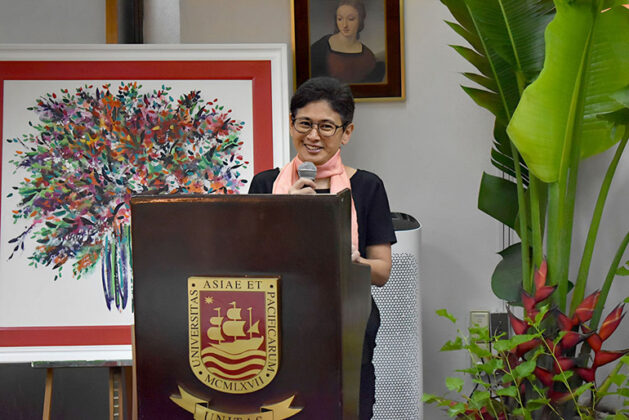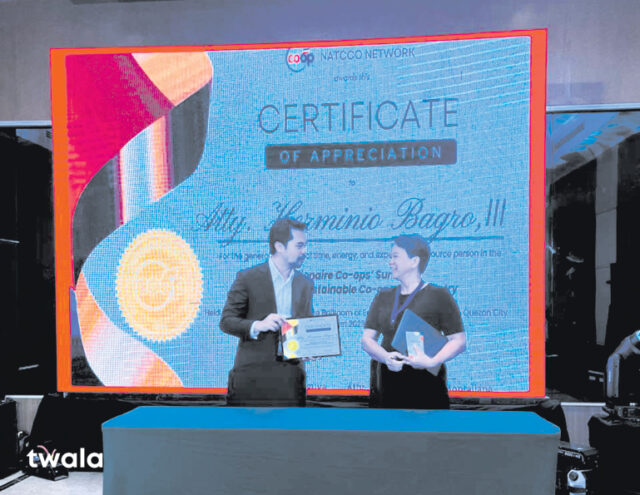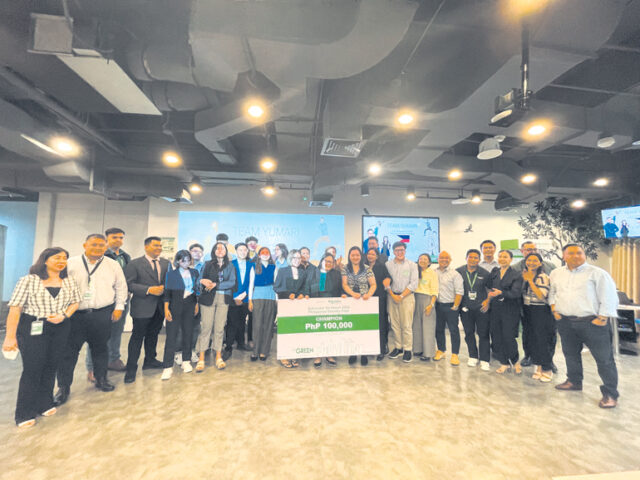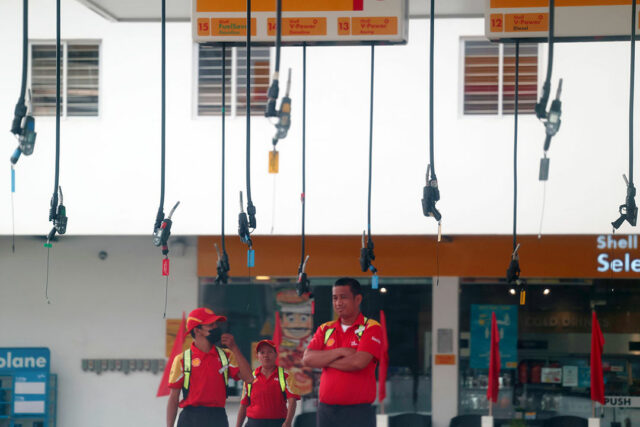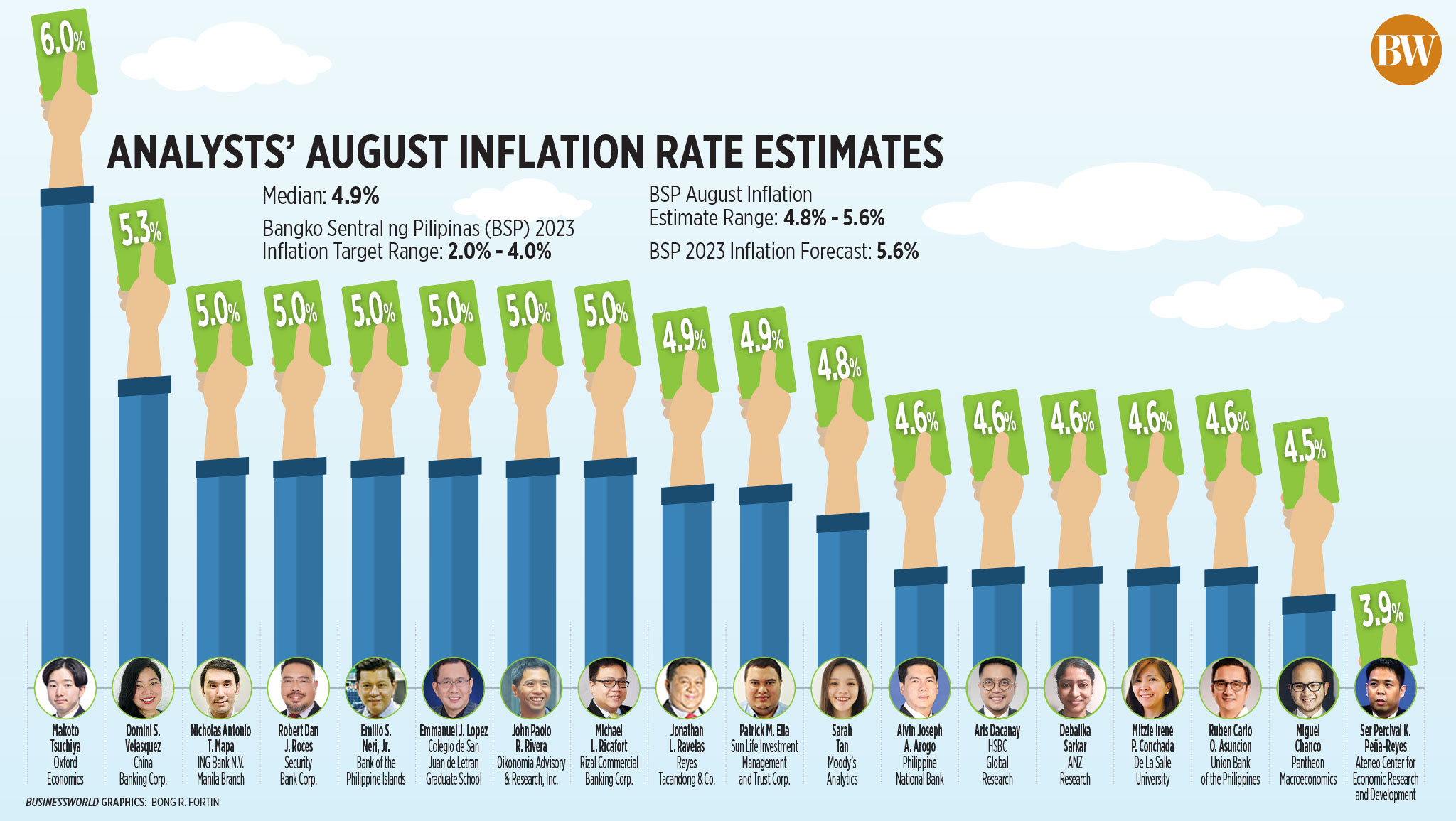IMMAP DigiCon 2023 shines the spotlight on entertainment with DIGIMAX
The theme for 2023 focuses on the use of digital entertainment beyond leisure
The Internet & Mobile Marketing Association of the Philippines (IMMAP)’s DigiCon, the flagship event for the country’s marketing, advertising, and digital industries is back this year with its new theme: DIGIMAX, a conference that will take place from Oct. 18 to 20, 2023, 9 a.m. to 6 p.m. at the Marriott Grand Ballroom in Pasay City.
Highlighting the relevance of digital entertainment, DIGIMAX focuses on the growth of the global digital scene. From video, audio, and community to commerce, gaming, and Web3, the conference assesses the various facets of digital entertainment and how each can be maximized to interact with consumers meaningfully and boost business impact.
DIGIMAX invites everyone to explore how technology has evolved the concept of digital entertainment: integrating entertainment into every aspect of our lives, empowering consumers to create engaging content, and allowing everyone to have access. Six program tracks in three days will set the agenda for brands, and in turn, open the doors for those in the digital space to connect with Philippine businesses.
“DigiCon isn’t just another conference; it’s an opportunity to dive deep into the dynamic world of digital entertainment. In today’s interconnected landscape, where technology seamlessly intertwines with our daily lives, understanding how to leverage digital entertainment is crucial,” says DigiCon Co-Chair and IMMAP President Denise Haak. “Attending DigiCon will not only equip you with insights into the latest trends but also empower you to harness these trends for meaningful impact.”
This year’s program will cover everything about digital entertainment through the following tracks:
- Video — Producing the next generation of digital video blockbusters;
- Audio — Maximizing sonic engagement through digital audio and production;
- Community — Building community through meaningful connections;
- Commerce — Shaping the future of commerce and shoppertainment;
- Gaming — Creating engaging and immersive gaming experiences; and
- WEB3 — Embracing the whirlwind worlds of the Web3 revolution.

To give a preview of the upcoming conference, the IMMAP Board of Directors held a press launch at the Marriott Hotel. Ms. Haak, DigiCon Co-Chair Norman Agatep, and IMMAP DigiCon Ways and Means Head Janelle Barretto all shared their excitement regarding the highly anticipated conference.
“The digital realm has become the new frontier for businesses to engage, connect, and resonate with their audiences. Digital entertainment isn’t just about leisure; it’s a powerful tool that can shape consumer behavior, brand perception, and market dynamics,” Mr. Agatep emphasized. “By discussing digital entertainment in your boardrooms, you’re taking a proactive step towards staying relevant and competitive. IMMAP DigiCon offers a platform to explore these transformative opportunities, enabling your company to navigate the evolving landscape with confidence.”
Further, there will be keynote presentations from game-changers in their fields, along with panel discussions on the latest trends and insights regarding companies utilizing these industry trends to influence the markets they are engaged in.
Experiential rooms that demonstrate innovative digital entertainment executions, and trade booths showcasing the latest technology and platforms will be available for everyone to explore.
IMMAP DigiCon 2023 attendees will also be served complimentary breakfast, lunch, and snacks and will be receiving Proof of Attendance Protocol (POAP) at the end of the three-day event.
There will also be After Hours networking sessions at the end of Day 1 and Day 2 for delegates of DIGIMAX 2023.
Overall, IMMAP DigiCon this year aims to showcase how technology has transformed the concept of digital entertainment, integrating it into various aspects of our lives, enabling attendees to create captivating content, and providing broader access to entertainment experiences.
Spotlight is BusinessWorld’s sponsored section that allows advertisers to amplify their brand and connect with BusinessWorld’s audience by enabling them to publish their stories directly on the BusinessWorld website. For more information, send an email to online@bworldonline.com.
Join us on Viber at https://bit.ly/3hv6bLA to get more updates and subscribe to BusinessWorld’s titles and get exclusive content through www.bworld-x.com.







